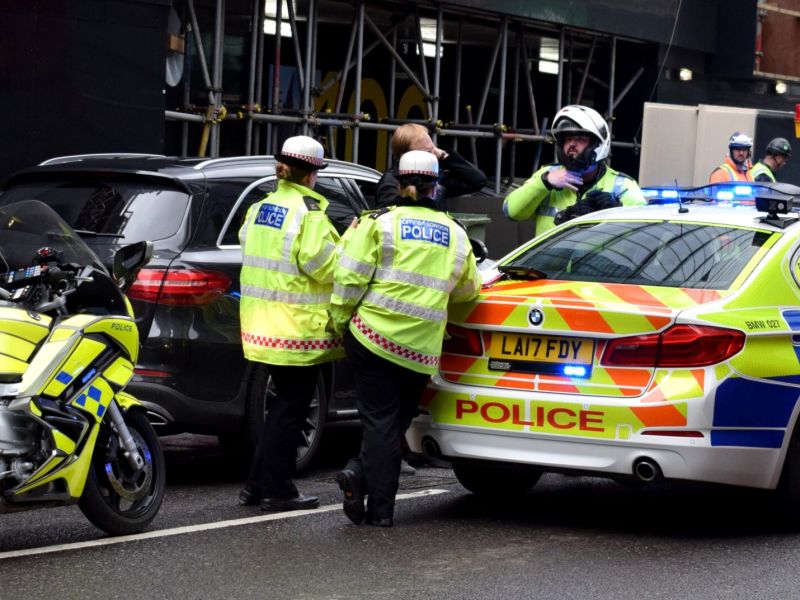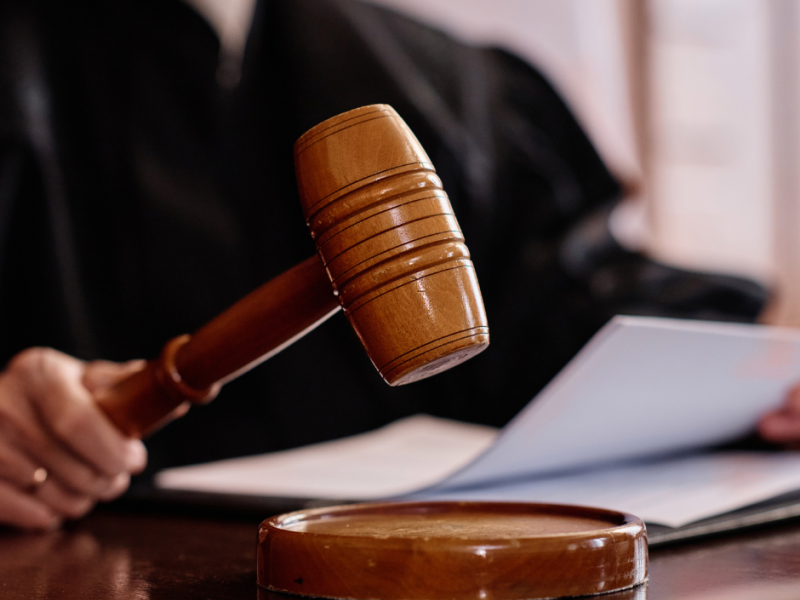
— Speeding, Traffic Resources
5 Common Myths About Traffic Tickets Debunked
You may think you know the rules of the road, but misconceptions can – and do – spread like wildfire. These misconceptions can range from innocent tricks on how to get out of speeding violations to costly misbeliefs about how traffic tickets should be handled. After spending years navigating the ins and outs of the Virginia court system, we have heard all of the misconceptions, mix-ups, and myths related to traffic tickets. Now, it is time to settle these traffic ticket myths once and for all.
At Driving Defense Law, we provide support and guidance to individuals facing traffic tickets in courts throughout Virginia. Above all, our goal is to zealously defend our clients’ rights to minimize the long-term costs of their traffic violations. Through our work, we have collectively saved thousands for our community. To learn more about how we can help, consider scheduling your free consultation with our team at (757) 929-0335 today.
Myth #1 – Your Ticket Will Be Dropped If the Police Officer Does Not Show Up for Court
This is one of the most prolific myths that we hear, largely because the truth of the matter is highly complicated. The strategy here is simple: you contest the ticket, appear in court, and hope that the officer is too busy to show up to the hearing. Since the officer fails to appeal at your hearing, you cannot be proven guilty, and your ticket is dropped.
This is far from the truth, however. In Virginia, the majority of the courts provide officers with one day per month when all their cases will be handled. This is to reduce the likelihood that the police officer will miss the hearing. Nonetheless, absences are sometimes unavoidable. The officer may have a work emergency, training, or be too sick to attend the court hearing. In such situations, the court will typically reschedule the hearing for the next month.
Myth #2 – Simply Claiming Radar Inaccuracy Is an Effective Defense for a Traffic Ticket
Yes, radar guns and other devices may fail, but gambling on this possibility without definitive evidence is not wise. One of the more unfortunate traffic ticket myths is that radar inaccuracy is an easy defense for traffic violations. Attempting to use this as your defense without the help of an attorney will put you in an uphill battle that will typically culminate in a judge requesting definitive evidence that the radar was inaccurate. Merely stating that the radar was incorrect is not sufficient, and your word against the radar gun’s does not hold much value in court.
Your traffic ticket defense attorney at Driving Defense Law will craft a much stronger strategy for your case that does not rely on dubious claims. Above all, the role of your traffic ticket defense attorney is to review your case, compile evidence, and present your claims in court to ensure that your traffic ticket is reduced or dismissed altogether. With the help of your attorney, this defense can be legitimized and highly effective.
Myth #3 – You Can Simply Ignore Traffic Tickets That You Receive in Other States
If you have ever received a traffic ticket in another state, you understand how poor this advice truly is. The majority of the time (88% of the time, to be exact), ignoring a traffic ticket from another state can lead to serious legal consequences. Forty-four states, including Virginia, belong to the Driver License Compact. Member states share ticket information with each other, and even the states that do not belong to the Compact have some sort of system to share information.
If you receive a traffic ticket in North Carolina, for instance, the Virginia courts will definitely learn about it and the points will be recorded on your license. Considering the implications of ignoring a ticket, it is recommended that you fight any ticket that you receive out-of-state, regardless of how inconvenient it is to do so. An effective defense can also help to avoid the hidden costs of traffic tickets that may arise.
Myth #4 – Matching the Flow of Traffic or Passing Are Valid Reasons for Speeding
Unfortunately, the excuse of “well, everyone was doing it!” does not justify speeding. While it is true that driving too slowly can be a hazard on the roadways, going far above the speed limit to keep up with the flow of traffic is not permitted. Under the law, speeding is never allowed, not even for a brief moment to pass a slower driver. This means that if the speed limit is 65, the moment your speedometer reaches 66, you are liable for a traffic violation.
In fact, while we are discussing this specific traffic ticket myth, it is important to note that providing an excuse for your speed is not recommended. In doing so, you are implicating yourself by admitting that you were violating traffic laws. Of course, you can talk with the police officer, but avoid admitting guilt whenever possible. The statements you make can harm your defense down the line.
Myth #5 – It Is Possible to Keep a Traffic Ticket Off Your Record by Overpaying
It is difficult to pinpoint where this misconception came from, but it is certainly one of the more foolish traffic ticket myths that we have heard. The idea is that you will receive a traffic ticket, pay the fine via mail, but include a few dollars more than requested in the ticket. Apparently, if you do not receive a refund for the additional amount, the ticket will never be processed and therefore will not appear on your driving record. Unfortunately, this loophole does not exist, and the ticket will undoubtedly still be recorded.
Avoid Falling Victim to Common Traffic Ticket Myths with the Help of Driving Defense Law
When we are eager to avoid a traffic violation, we are likely to believe all the traffic ticket myths and urban legends offered to us. At Driving Defense Law, we prefer to stick to the facts and craft our legal defense using strategies that work. In doing so, we have been able to successfully resolve even the most complex cases for our clients. To learn more about how our team of experienced and knowledgeable attorneys can help, consider connecting with us at (757) 929-0335 today.

